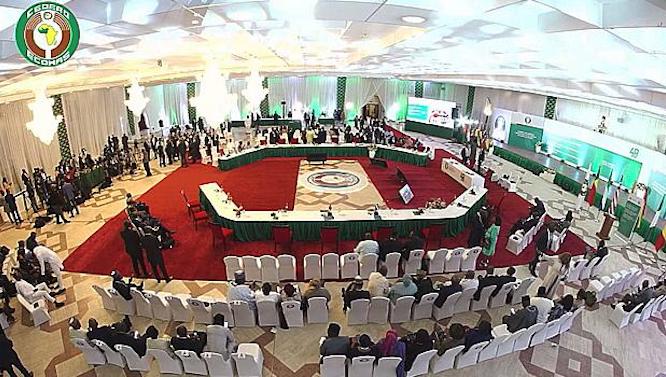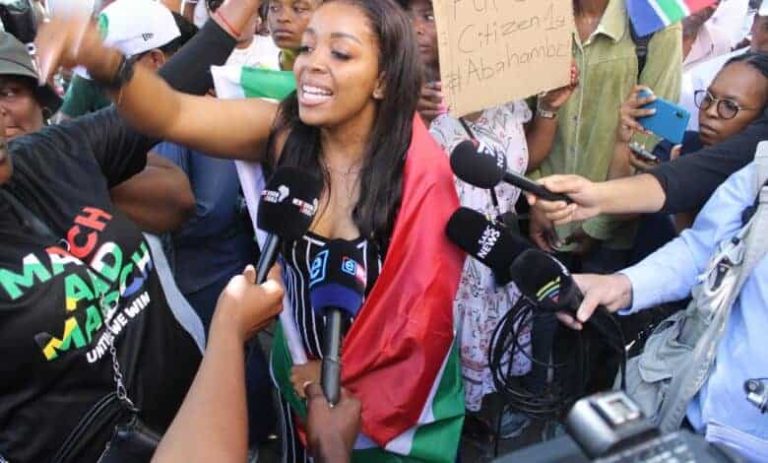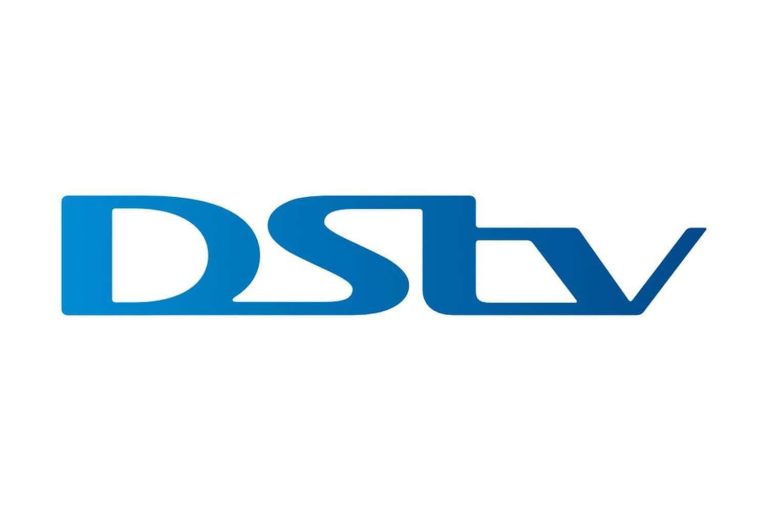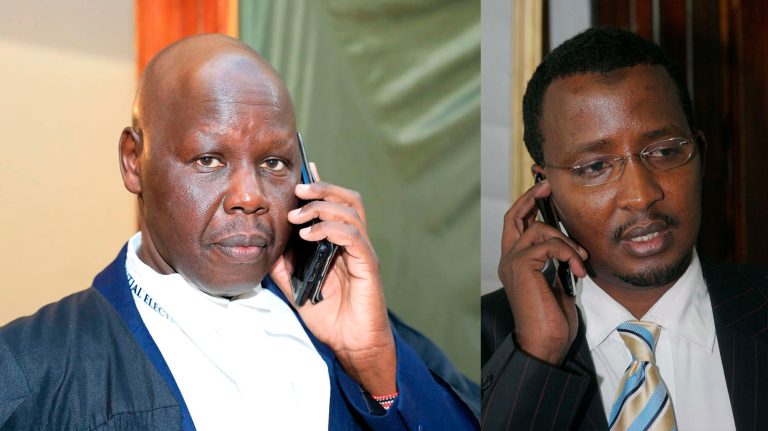
President of the Economic Community of West African States (ECOWAS) Commission, Dr Omar Touray has called for global support to win the ongoing war on terrorism across West Africa and the Sahel region, insisting that if treated with kid gloves it poses existential threat to the area.
Touray made the save our soul (SOS) call while briefing the UN Security Council on regional counterterrorism cooperation, according to a statement issued by the commission in Abuja.
The ECOWAS Commission delivered a stark warning: terrorism, once limited to pockets of the Sahel and the Lake Chad Basin, has now grown into a region-wide threat capable of destabilizing all of West Africa.
The briefing, delivered at the invitation of Sierra Leone’s President Julius Maada Bio—who currently chairs both ECOWAS and the UN Security Council for the month—painted a troubling picture of a region grappling with escalating violence, economic disruption, and deep political mistrust.
According to data presented by ECOWAS, the region recorded approximately 450 terrorist incidents between January and November 2025, resulting in more than 1,900 deaths. The central Sahel accounted for nearly 80% of attacks and 85% of fatalities, but officials stressed that no country remained untouched by the expanding threat.
Beyond the rising casualty numbers, ECOWAS warned of a new and troubling tactic: economic sabotage. Terrorist groups have increasingly disrupted the distribution of essential commodities—particularly fuel—causing widespread economic hardship and stifling movement across borders.
“This is no longer just a security problem,” the Commissioner noted. “It is an existential threat touching every facet of life—trade, mobility, livelihoods, and the basic stability of states.”
In response to the deepening crisis, ECOWAS has moved to fast-track the activation and deployment of its long-planned Standby Force. Defence and finance ministers met in August to finalize a structure and funding model anchored on domestic contributions, external partners, and resources expected under UN Security Council Resolution 2719.
The regional bloc plans to begin with a 1,650-member counter-terrorism brigade, gradually expanding to 5,000 personnel as finances and logistics allow.
Officials emphasized that the force is only one element of a broader counter-terrorism strategy that blends military action with governance reforms, community engagement, and economic development. The original Action Plan, they admitted, had suffered delays due to insufficient funding, prompting a revised version now under implementation.
ECOWAS urged the Security Council to apply flexibility in implementing Resolution 2719 and to ensure that funding becomes predictable and sustained.
At the 10047th UN Security Council meeting on regional counter-terrorism cooperation in West Africa and the Sahel, commission’s president warned that terrorists were increasingly waging “economic warfare” by disrupting fuel supplies and trade routes, posing an existential threat to both Sahelian and coastal West African states.
He also highlighted ECOWAS’ ongoing initiatives aimed at rebuilding trust, advancing political dialogue with its exited members Mali, Burkina Faso and Niger, and addressing the socio-economic drivers of extremism.
Touray outlined ECOWAS’ kinetic and non-kinetic measures, including the accelerated operationalisation of the ECOWAS Standby Force.
He reaffirmed ECOWAS’ commitment to working closely with the UN, AU and all partners to safeguard peace, stability, and resilience across West Africa and the Sahel.
According to a he statement, the Security Council also received a briefing from UN Secretary-General, António Guterres, who decried the worsening security and humanitarian situation in the Sahel.
Guterres stressed the need for a coherent regional and international action to curb the surging scourge of terrorism and violent extremism in the sub-region.
The meeting was chaired by President Julius Bio of Sierra Leone, who is the current Chairman of the ECOWAS Authority of Heads of State and Government.
Bio stressed that terrorism was a collective global challenge, which required renewed global cooperation in order to curb and conquer.
Concerns were raised about the proliferation of overlapping security initiatives in the Sahel, noting that while well-intentioned, many had produced fragmentation, duplication, and a lack of regional ownership.
Touray identified that perhaps the most significant barrier identified was not funding, nor military capability—but trust.
He lamented growing suspicion among governments in the region, including between ECOWAS and the Alliance of Sahel States (AES). This mistrust, he said, has weakened intelligence-sharing, stalled joint border operations, and undermined efforts to build a united front against extremists.
He said: “No amount of money or equipment will defeat terrorism if we cannot trust one another,” he cautioned. “Our divisions must not be exploited—they must be bridged.”
Despite recent political tensions, ECOWAS reported progress in dialogue with the AES. Both sides have agreed to maintain existing arrangements on trade and free movement until new agreements are finalized. AES members also intend to remain part of key ECOWAS institutions such as the Inter-Governmental Action Group Against Money Laundering in West Africa (GIABA) and the ECOWAS Bank for Investment and Development (EBID).
The briefing devoted considerable attention to the financial backbone of extremist networks. Terrorists in West Africa continue to fund their operations through: Illegal mining and resource extraction; Kidnapping for ransom; Trafficking and illicit trade; Money laundering networks; Cash-based systems and unregulated transfers; Digital tools including cryptocurrencies, mobile money, and online fraud
Within GIABA, West African states have been strengthening regulatory frameworks aligned with the Financial Action Task Force (FATF) recommendations, improving cross-border cooperation, and supporting national enforcement agencies.
Yet challenges persist: porous borders, weak enforcement capacity, gaps in regulation, and chronic underfunding. Notably, the rate of actual terrorist-financing prosecutions remains extremely low.
Touray concluded with a direct appeal to the Security Council and global partners.
He said: “To defeat terrorism, we need trust, coordination, and sustained support,” he said. “This battle cannot be won by weapons alone—it requires unity, political will, and a shared commitment to protecting the people of West Africa.”
His final words echoed across the chamber:
“Our region is determined to fight. But we cannot—and should not—fight alone.”
Michael Olugbode



